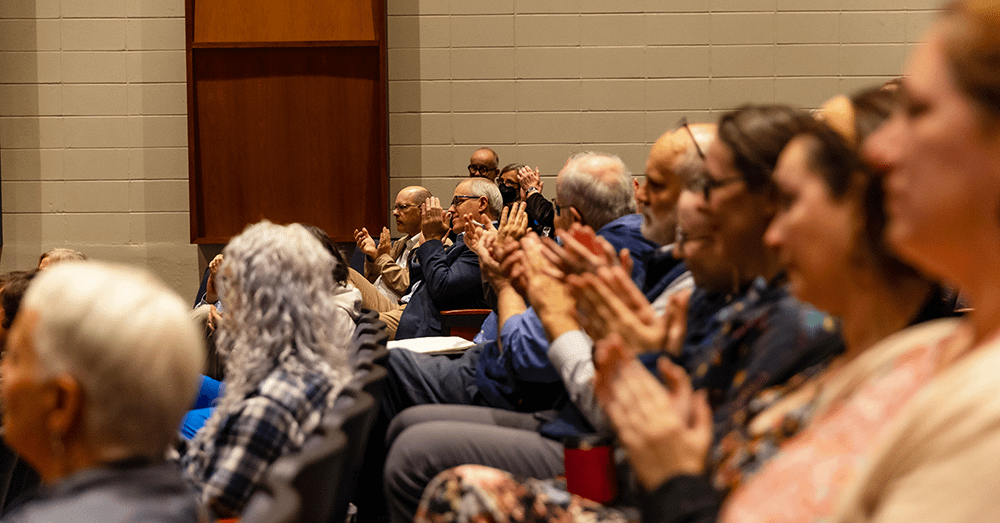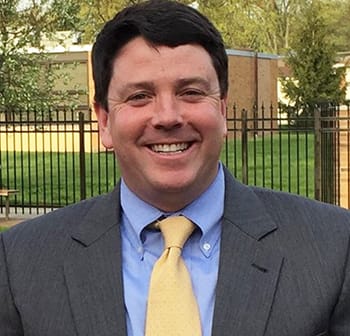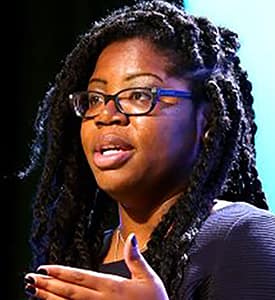Emergency management vision taking firmer shape
Saint Michael’s College was accepted and has agreed to be a Red Cross Certified Shelter — the last of several emergency management agreements the College has been working on in recent months with local, state and national partners including the Vermont Department of Health and the Town of Colchester.
Doug Babcock, the College’s director of public safety, said the late-August finalization of the Red Cross agreement is “part of an ongoing commitment to the safety of our community and a focus for further programs in the future.”
One example he gave of now-established programs is an agreement by the College and his Public Safety team with the state Health Department to be a public “Point of Distribution” (POD) in emergencies, which he said could range from vaccines during pandemics to distributing necessary items related to radiological emergencies or biological contaminants.
The recent Red Cross Agreement is “a step above what we were already” with some of the College’s neighbors along these lines, he said: for instance, Saint Michael’s longstanding status as an evacuation site for Winooski and Colchester schools in event of school emergency as a place for students to go until parents can pick them up or a situation is sorted out.
To gain Red Cross Certified Shelter status, Babcock said “you have to meet a stringent set of standards on facilities, access, food, a generator, and the capability of surviving in an emergency or significant event.” He said if another storm like Irene were to hit this part of Vermont, for example, “the Red Cross could come in and use our facility – which is something we can understand vividly after seeing what’s going on in Houston and Florida recently.” Such agreements help in a time of crisis, he said, since “the faster and safer you can get established, the better for everybody experiencing the crisis.” He said conversely, if circumstances on campus required emergency measures to serve the College itself, the Red Cross could come in and help provide resources such as cots if needed.
Training in Emergency Management
Perhaps most exciting for Babcock, a Coast Guard veteran with deep background in emergency management planning and police work for Vermont towns before coming to the College, has been working with Saint Michael’s administrators this year to explore high-level training and certification opportunities in the emergency management field, including courses that might be offered online or on campus for different potential constituencies including regular students in the College’s fulltime academic program.
He said Saint Michael’s is well suited to be an Emergency Management center, both for training or direct response, because of the College’s topnotch Fire and Rescue program, which he said “fits so well with the Saint Michael’s tradition of service to humanity.”
As with Catholic Relief agencies on a global basis, “it’s natural, with our sense of giving and with the responders we have that we find more ways to offer ourselves when people are in their greatest need,” said Babcock, who also has been communicating with Ken O’Connell, director of military family services on campus, to explore bringing resources from an international veterans emergency management agency called Team Rubicon to Vermont.
On the academic side, Babcock said, “the field of emergency management is developing at a rapid enough rate that any business that has not incorporated emergency management practices into their daily business is putting themselves at great risk — so I see great potential for us as a College to be leaders in the field of integrated emergency management, across multiple disciplines and professions.”
He is is putting forth his proposal to the Vice President for Academic Affairs office for the coming spring semester 2018 to have an Emergency Management course at Saint Michael’s that would be the first in a proposed program of four semesters. “The model we’re looking at is hybrid: taking a course FEMA offers online but that also incorporates standards of the State of Vermont, and includes in-person-meetings, case studies and some textbooks,” Babcock said.
He has talked with faculty across disciplines who all see areas for contributions and collaborations from their fields should the offerings expand — everything from computer science (useful applications for managing emergencies, emergency communications trouble-shooting) to religious studies (pastoral counseling for crisis victims), to accounting ( tracking grants, forensic accounting during massive responses); or even anthropologists and sociologists to weigh in on human patterns and responses from history on through to today.
Babcock said his belief and hope is that students will see the career potential of the emergency management field and welcome a chance to bring their specialties into community service in the best tradition of Saint Michael’s College.





